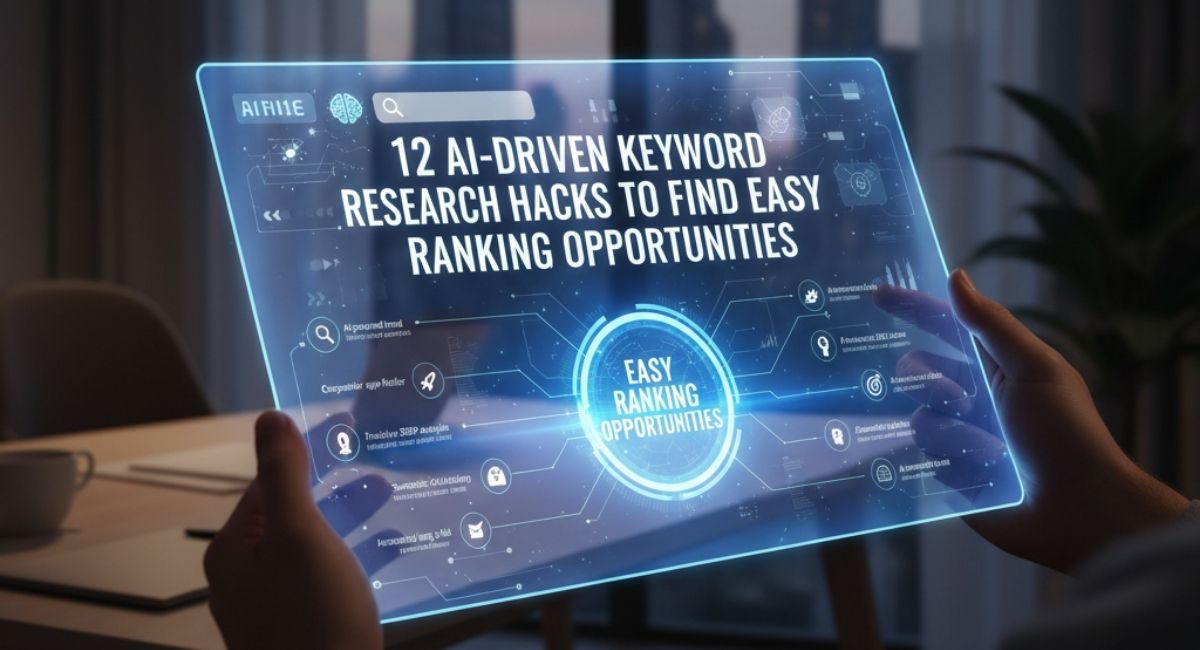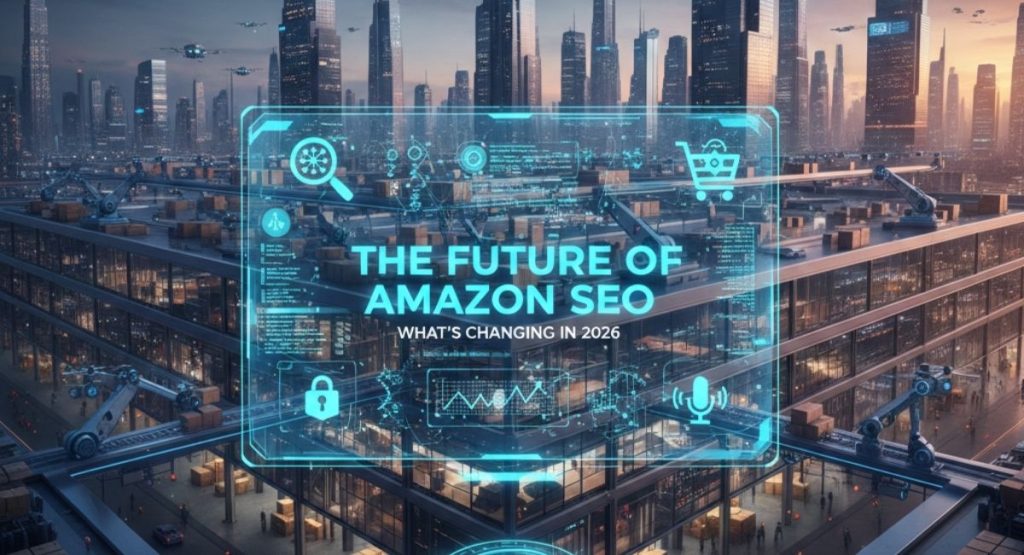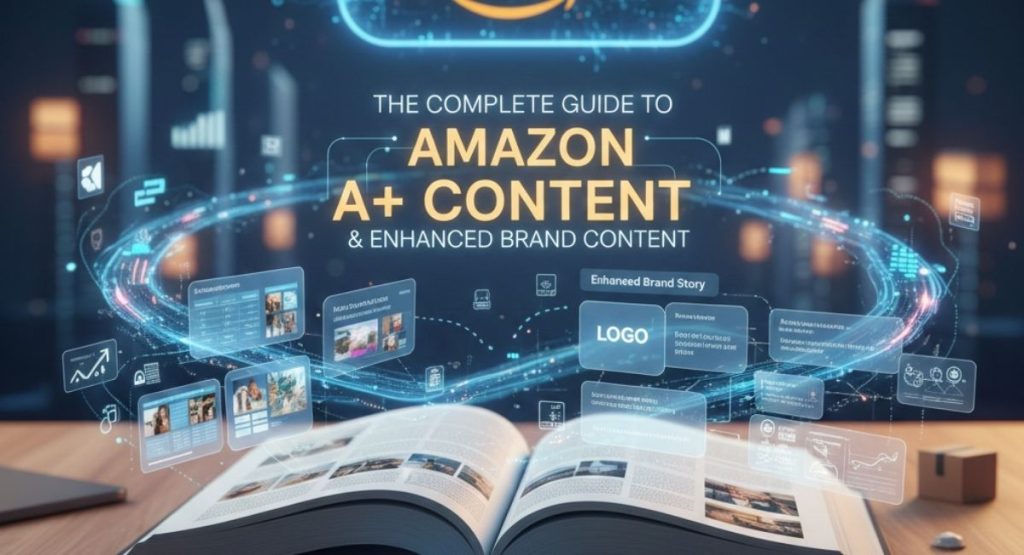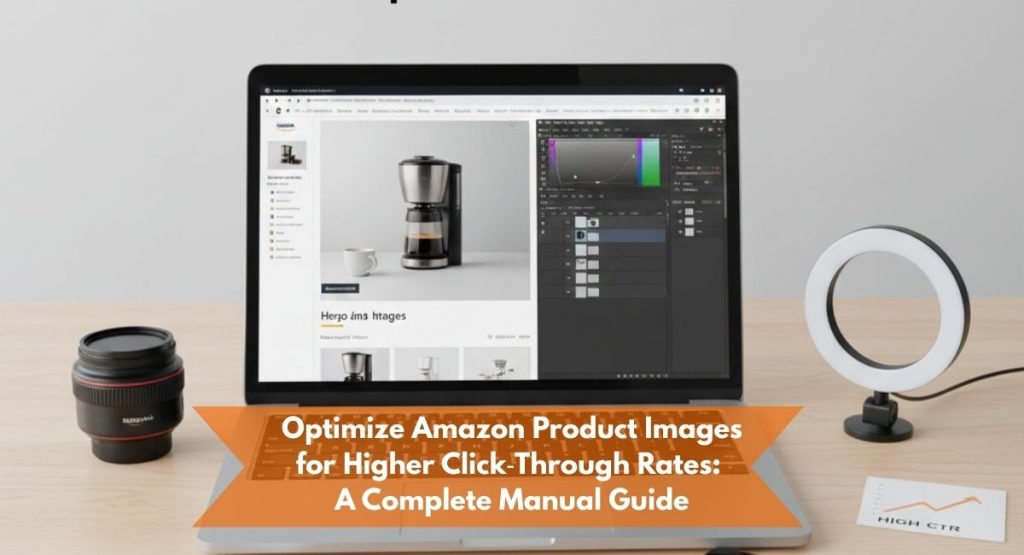Artificial intelligence has changed how businesses and marketers approach keyword research. Instead of relying on static keyword lists, AI interprets user behavior, semantic connections, and intent. This means you can go beyond surface-level terms and uncover opportunities competitors miss. By using AI-driven keyword research, it becomes possible to find low-competition keywords, hidden long-tail variations, and intent-based queries that deliver qualified traffic.
If you are building a search strategy for ecommerce or service-based businesses, you should look into advanced AI SEO services to connect your site with real search demand. Let’s explore a detailed manual guide of 12 practical hacks that help you identify easy ranking opportunities while building long-term topical authority.
Why AI-driven keyword research is more effective
Keyword research used to be about identifying a set of high-volume terms and trying to rank for them. The problem is that everyone targets those terms, making it very competitive. AI changes the landscape by processing large amounts of search data, looking at intent signals, and suggesting queries that people are actually searching but not heavily targeted yet.
For example, if the standard keyword tool shows “SEO agency New York” as highly competitive, AI-driven analysis might uncover alternatives like “affordable AI SEO agency NYC for ecommerce” that have lower competition but still high purchase intent. This difference is where AI adds measurable value.
Businesses that invest in combining AI keyword research with optimized websites, whether through custom ecommerce development, category-specific SEO, or content-driven optimization, tend to stay ahead of competitors because they’re working on gaps rather than crowded terms.
12 AI-Driven Keyword Research Hacks
1. Start with AI-based keyword clustering
Keyword clustering means grouping related keywords into themes. AI tools automate this process by analyzing semantic similarities. Instead of targeting one phrase, you build content that covers a topic thoroughly. For example, “AI SEO for ecommerce,” “AI SEO for Shopify,” and “low-competition ecommerce SEO keywords” can all form part of one content cluster. This supports topical authority and boosts rankings across multiple variations.
2. Focus on long-tail keywords with AI tools
AI systems are strong at spotting long-tail queries. Long-tail keywords often have fewer searches, but they attract highly targeted traffic. Phrases like “AI-driven SEO strategy for small fashion stores” or “AI keyword research for Shopify dropshipping” are less competitive yet bring qualified visitors.
3. Apply search intent analysis
Search intent is what the user is hoping to achieve. AI tools can analyze whether a query is informational (“What is AI SEO?”), navigational (“Maxim Blu AI SEO services”), or transactional (“Hire AI SEO agency New York”). Aligning your content with search intent improves ranking chances and keeps users engaged longer.
4. Use predictive keyword discovery
AI can detect trends before they peak. By analyzing large datasets and social signals, AI tools predict keywords gaining momentum. For example, terms like “AI SEO for voice commerce” may not have high competition now but could become valuable in coming months. Early adoption gives you a ranking advantage.
5. Explore competitor keyword gaps
AI-powered competitor research helps identify terms competitors rank for lightly or haven’t targeted deeply. These gaps are great opportunities. If your competitor ranks weakly for “AI keyword research for ecommerce growth,” you can create a stronger, better-optimized page around that query.
6. Adapt content for voice search queries
Voice searches are longer and conversational. Instead of “AI SEO agency,” users ask “Which AI SEO agency in New York is best for ecommerce growth?” AI voice search tools show these natural language variations, letting you optimize content in a way that directly answers spoken queries.
7. Map keywords to ecommerce categories with AI
If you run multiple product categories, AI can assign keyword themes to each. For instance:
- Electronics: “AI SEO for electronics ecommerce”
- Fashion: “AI SEO for online clothing stores”
- Food: “AI SEO for organic food ecommerce”
This helps organize your SEO structure and matches queries with product categories, improving both rankings and conversions.
8. Combine keyword research with technical SEO checks
Keyword targeting alone won’t bring results if your website cannot be crawled or indexed properly. AI platforms highlight keyword opportunities and also detect technical gaps like slow speed, weak mobile experience, or crawl errors. Combining AI-driven keyword research with technical SEO services ensures your site is prepared to rank for the identified terms.
9. Match AI keyword insights with content creation
Once you have a list of low-competition queries, your content should be structured to directly satisfy that search intent. For instance, if AI suggests “how AI SEO improves ecommerce ROI,” write a blog or landing page that clearly demonstrates strategies, benefits, and case examples. This balance of keyword and content relevance is essential.
10. Expand into related topics with semantic AI tools
Semantic AI helps expand topics by suggesting related phrases. For example, if your main keyword is “AI SEO agency NYC,” semantic AI may suggest “AI content optimization,” “predictive SEO tools,” and “low-competition keyword discovery AI.” Adding these within your content increases topical relevance and improves chances of ranking for a wider set of queries.
11. Monitor search trend shifts with AI
Keyword trends evolve constantly. AI monitoring tools track how search demand rises or falls over time. If a keyword starts to decline, AI suggests alternatives or emerging terms. This dynamic approach keeps your keyword targeting fresh and adaptive.
12. Prioritize local intent with AI-powered analysis
For local businesses, AI identifies geo-modified terms. For example, “AI-driven keyword research NYC,” “AI SEO consultant in Brooklyn,” or “Manhattan AI SEO for ecommerce.” These localized terms often have lower competition and stronger conversion potential compared to general searches.
Keyword Evaluation Table
| Keyword Idea | Difficulty | Search Volume | Search Intent | Recommended Use |
| AI SEO agency NYC | Medium | High | Transactional | Service page |
| Long-tail keyword AI tools | Low | Medium | Informational | Blog guide |
| Low-competition ecommerce SEO keywords | Low | Medium | Transactional | Product categories |
| AI-driven keyword research hacks | Low | Medium | Informational | Blog/manual guide |
| AI SEO for Shopify stores | Medium-Low | Rising | Transactional | Ecommerce landing page |
This type of table lets you prioritize which queries to focus on first, based on opportunity, intent, and relevance.
Actionable tips for applying these hacks
- Always review AI keyword suggestions against actual SERP competition
- Group terms into topic clusters before creating content
- Use long-tail keyword AI tools to find phrases your competitors ignore
- Integrate predictive analysis into your strategy to prepare for future trends
- Align content type with intent: blogs for informational, service pages for transactional, category pages for ecommerce
Common mistakes when using AI keyword research
- Relying only on volume without intent analysis
- Over-optimizing content with too many variations of the same keyword
- Ignoring local opportunities and focusing only on global terms
- Treating AI as a complete replacement for manual checks rather than a supplement
FAQs
What is AI-driven keyword research?
It’s the process of using AI tools to analyze search data, predict intent, and find low-competition keywords. Unlike traditional methods, AI understands natural language patterns and future trends.
How does AI keyword research help ecommerce websites?
AI maps category-specific keywords, identifies transactional terms, and recommends long-tail variations. For example, “AI SEO for Shopify fashion stores” is highly relevant to ecommerce businesses.
Is AI keyword research useful for local businesses?
Yes, AI pinpoints location-specific queries like “AI SEO agency in New York” that are easier to rank for and directly target the right audience.
Can AI keyword research improve ROI?
By finding low-competition queries with high purchase intent, AI helps businesses attract traffic that is more likely to convert, leading to stronger ROI.
How do I connect AI keyword research with content creation?
Start with AI insights, then create in-depth blogs, landing pages, or service descriptions around those keywords. You can also explore blog writing services to ensure content is both engaging and optimized.
Final Thoughts
AI-driven keyword research provides a practical path to ranking opportunities that traditional methods overlook. The 12 hacks shared here combine semantic clustering, long-tail targeting, intent analysis, predictive discovery, and local optimization. By applying these methods, you can target low-competition terms that actually deliver conversions rather than chasing highly competitive phrases.
For businesses ready to scale, combining AI keyword insights with strong technical SEO, ecommerce site optimization, and professional content writing ensures sustainable growth. To put these strategies into action, explore expert solutions at Maxim Blu and build a search presence that keeps you ahead of the competition.





